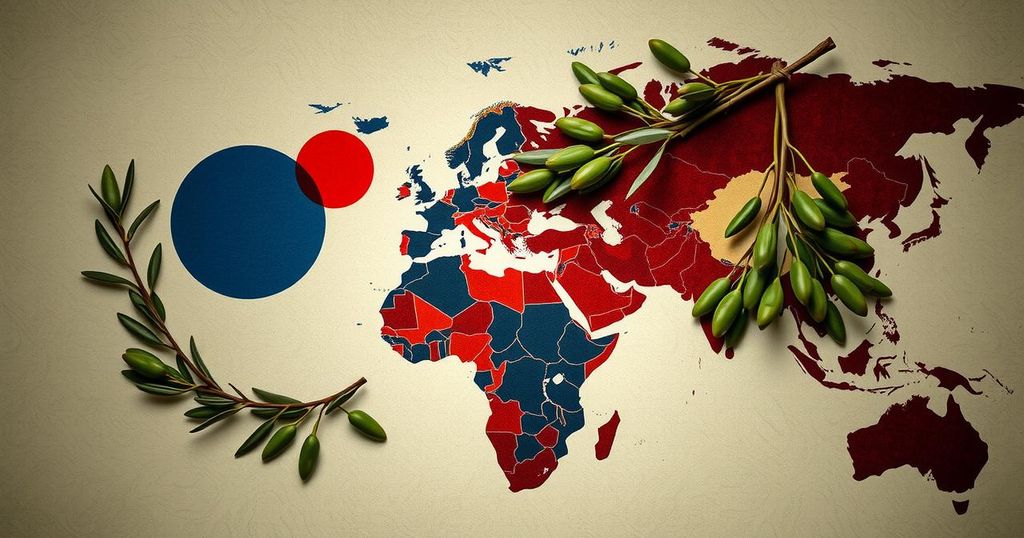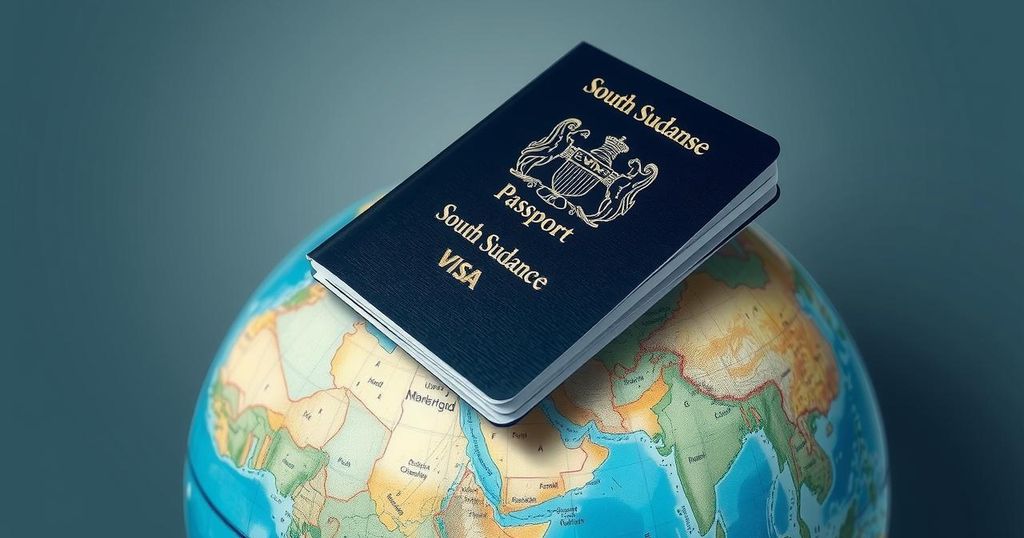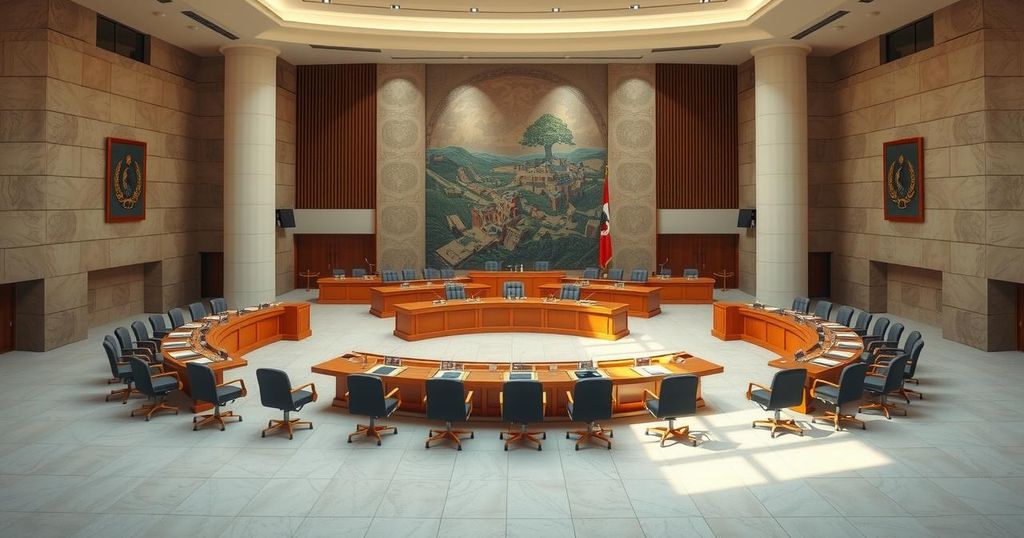Jordan’s media coverage of Syrian President al-Sharaa’s visit was limited, despite significant discussions about Israeli expansionism in southern Syria. King Abdullah condemned Israeli air strikes and reiterated support for Syria’s territorial integrity. The potential role of Jordan in stabilizing southern Syria raises important questions for its national security and regional relations.
Recently, Jordanian media provided limited coverage of Syrian President Ahmed al-Sharaa’s visit to Amman. Following the visit, King Abdullah condemned Israeli air strikes and affirmed Jordan’s support for Syria’s territorial integrity, encouraging the voluntary return of Syrian refugees. However, key discussions about Israel’s occupation of southern Syria and political relations with the Druze community were notably absent from media reports.
Sharaa’s visit was likely influenced by Israeli Prime Minister Benjamin Netanyahu’s comments concerning Hayat Tahrir al-Sham (HTS) and its intended presence in southern Syria. It reinforces Israel’s alarming agenda which may include bolstering relations with local Druze and Alawite communities, leading to the potential fragmentation of Syria into sectarian states, a prospect favored by the Israeli right.
Contextually, Sharaa’s visit coincided with discussions between Jordanian officials and Turkey regarding southern Syria. Jordanian Crown Prince Hussein bin Abdullah met with Turkish President Recep Tayyip Erdogan, likely promoting Sharaa’s visit to facilitate coordination on regional matters, particularly in Sweida province involving Druze relations and Israel’s broader initiatives.
The pressing question arises regarding Jordan’s role in southern Syria, particularly if HTS requests support, which could encompass maintaining stability in Daraa or establishing a military presence along the Syria-Israel border. Such involvement could counter Israeli narratives that express concerns over HTS, Hamas, or Islamic Jihad activities, thereby reinforcing Syria’s territorial and security integrity.
Historically, Jordan has refrained from military involvement in Syria; nevertheless, the current landscape necessitates a reassessment of its role in order to safeguard national security and strategic interests. This could involve ensuring Syria’s territorial unity and easing the return of refugees while securing Jordan’s access to vital water resources in the region.
Jordan maintains a strong rapport with several communities in southern Syria, especially the Druze and Arab tribes, which can be instrumental in collaborating with Damascus against Israeli ambitions. Despite Jordan’s longstanding policy of avoiding external conflicts, a formal agreement with Damascus, supported by Turkey and other neighboring states, could provide a legitimate framework for involvement.
Time is of the essence for Jordan. If discussions regarding its involvement were not sufficiently addressed during meetings between King Abdullah and Sharaa, it is crucial for these talks to be expedited, potentially through Turkish intermediaries. Failure to respond promptly could result in adverse implications for both Syria and Jordan’s national security.
In summary, Jordan faces significant challenges regarding Israel’s expansionism in southern Syria. A proactive approach involving military and security measures may be crucial for preserving Syria’s territorial integrity and ensuring regional stability. The collaboration with Syrian and Turkish counterparts could enhance Jordan’s strategic interests, while timely discussions about these issues are essential to counter potential threats.
Original Source: www.middleeasteye.net




